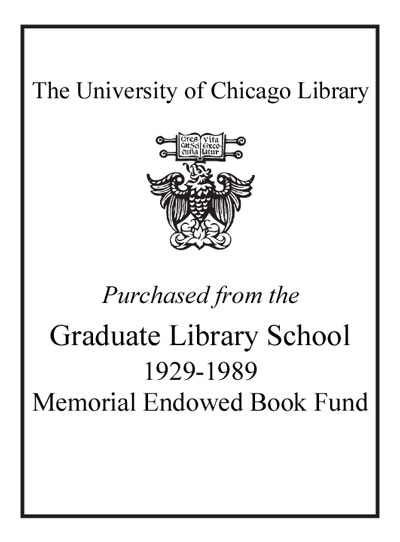Review by Booklist Review
After an explosion leaves her father permanently handicapped, Obayda and her family move from Kabul back to her father's childhood village to be closer to her father's brothers. Obayda's father falls into a deep depression; with four daughters, there is no son to grow up and work to help the family. Obayda's aunt plants the idea to turn Obayda into a bacha posh, a girl dressed as a boy. At first terrified, Obayda soon meets Rahim, previously Rahima, an older girl who helps her feel more comfortable in her new identity of Obayd. She and Rahim know their identities won't last forever. They will have to return to being girls eventually. But Rahim seems almost desperate to find a way to make the change permanent. While the realistic ending provides hope for Obayda and her family, Hashimi doesn't hide the fact that others are not so lucky. With beautiful language, rich characters, and a perspective not often seen in children's literature, this heartbreaking story will leave a lasting mark.--Paz, Selenia Copyright 2016 Booklist
From Booklist, Copyright (c) American Library Association. Used with permission.
Review by School Library Journal Review
Gr 4-8-After Obayda's policeman father loses a leg in a car bombing in Kabul, her family moves to a rural village to be near their extended relatives. When her father retreats from life because of his injury, an aunt suggests that the girl be allowed to be a bacha posh and live as a boy. Obayda would have a better education and more opportunities, and the presence of a boy would bring luck, and perhaps a baby brother, to the family. "Obayd" struggles at first, but once she makes friends with Rahima (another bacha posh), she gains confidence and enjoys her new life. Their joy is short-lived. When Rahima is married off to a local warlord at the age of 13, Obayda makes a desperate attempt to keep her freedom. Told in clear, vivid prose that combines detailed descriptions of daily life with a good dose of adventure, this story has more information about bacha posh than Deborah Ellis's The Breadwinner and is a welcome addition to books about Afghanistan such as Trent Reedy's Words in the Dust and Andrew Clements's Extra Credit. The depiction of a country and family in turmoil is realistically handled, and Obayda's father does recuperate from his injuries with her help. VERDICT This is an excellent title that will offer students a window into life in Afghanistan and open interesting, age-appropriate conversations about gender expectations and roles in different countries.-Karen Yingling, Blendon Middle School, Westerville, OH © Copyright 2016. Library Journals LLC, a wholly owned subsidiary of Media Source, Inc. No redistribution permitted.
(c) Copyright Library Journals LLC, a wholly owned subsidiary of Media Source, Inc. No redistribution permitted.
Review by Horn Book Review
After Obaydas father loses his leg in a car-bomb attack, her family is forced to move in with extended family in a village far from Kabul. As her father lies housebound and despondent, a bossy aunt tells Obaydas mother, Make Obayda into a boy. With her as a son, she will bring good luck into your home. Youll see your husband cheer up. Bacha posh, or preteen girls dressed in boys clothing and treated like boys, are a tradition in some parts of Afghanistan. But Obaydanow called Obaydis frightened of facing the boys at school, especially Rahim, an older boy who singles her out. Brave, athletic, and brash, Rahim sees right through Obaydas disguisebecause Rahim, too, is a bacha posh. The two, now allies, share many free-spirited adventures, including searching for a waterfall they believe will turn them into boys permanently, since the specter of their return to the female underclass is always present, horrifyingly so in Rahims case (she is married off, at the age of thirteen, to a local warlord). Indeed, anyone hoping for an uplifting theme of womens empowerment will be disappointed: even in Obaydas more enlightened family, her preferential treatment (though not her new self-confidence) ends with the arrival of a baby brother. But by focusing on gender inequality as seen through the lens of a traditional society, Hashimi lets readers see themselves in Obaydas emotions, even as the outcomes remain true to the Afghan culture Hashimi portrays so fluently. anita l. burkam (c) Copyright 2016. The Horn Book, Inc., a wholly owned subsidiary of Media Source, Inc. No redistribution permitted.
(c) Copyright The Horn Book, Inc., a wholly owned subsidiary of Media Source, Inc. No redistribution permitted.
Review by Booklist Review
Review by School Library Journal Review
Review by Horn Book Review

